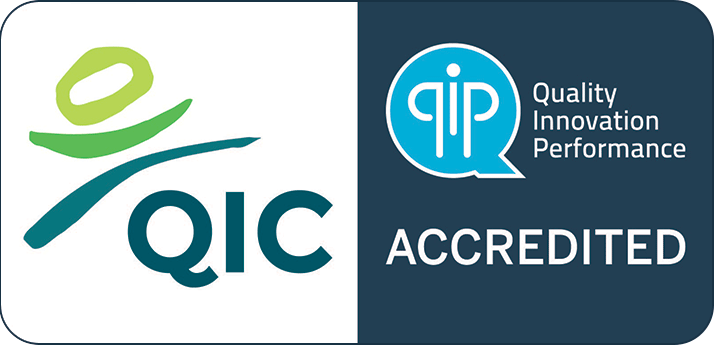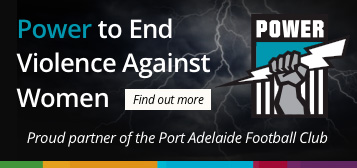Young women who have experienced removal of a child or children from their care will be supported in an innovative early intervention service announced this week.
The Department of Human Services (DHS) has funded Breathing Space, which Centacare will pilot over two years with up to 15 women aged under 25 years.
Part of the DHS Child and Family Service System redesign, the service aims to improve young women’s quality of life, wellbeing and life skills, by addressing the complexities that may have contributed to their children entering the child protection system.
Some young women may have experienced an out-of-home care placement themselves and/or have experienced homelessness.
“These women are the forgotten women, and the only time we hear about them is when they have the next child, which could potentially be removed,” said Leanne Haddad, Executive Manager of Centacare’s Children’s Services Unit.
“The loss of a child into care is significant. There is a lot of shame involved, particularly with Aboriginal women, and this can lead to other significant challenges that may otherwise never be addressed.”
Breathing Space is based on UK program Pause, and is believed to be the first service of its kind in Australia.
Participation is voluntary and each young woman will be allocated a case manager, women’s health nurse, financial counsellor and a senior practitioner providing wrap-around support.
Breathing Space is underpinned by Aboriginal co-design criteria and will privilege the voices of young Aboriginal women who are engaged in the program to empower self-determination, address intergenerational trauma and promote the importance of culture.
Specialist input will be provided by CatholicCare NT on the Aboriginal Family Coping Toolkit.
Referrals will come from, birthing hospitals, Child and Family Assessment and Referral Networks, Local Partnership Groups, Department for Child Protection and other approved services.
The therapeutic model for Breathing Space draws on the doctoral research completed by Child, Adolescent Psychiatrist and Specialist Therapist Dr Jackie Amos in 2017, and other trauma-related research literature, and clinical experience.
“We want to identify the protective factors that mitigate the recognised effects of intergenerational trauma to increase self-identity, but also safeguard potential future children the young women may have,’’ Leanne said.
“Many of the young women may have experienced childhood trauma and have been abused or neglected themselves or may be in a domestic violence relationship. They are facing significant life challenges.”
“Breathing Space is a time for the young women to focus on themselves, share stories with others to learn they are not alone, to identify better ways to live and develop effective coping strategies. It is a time or the young women to breathe and find out who they are.”
For more information, please visit our Breathing Space service page.







